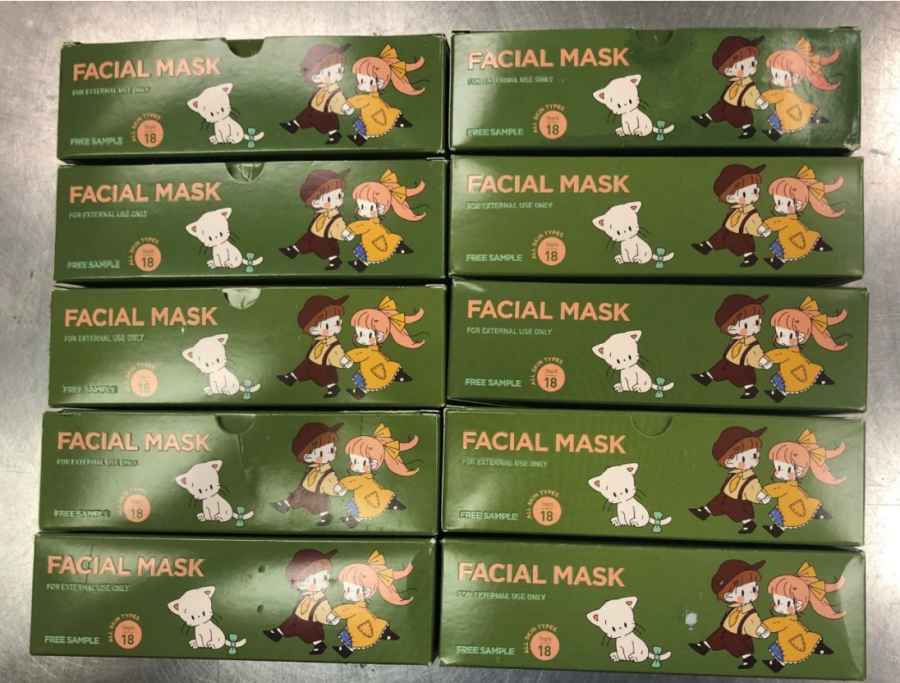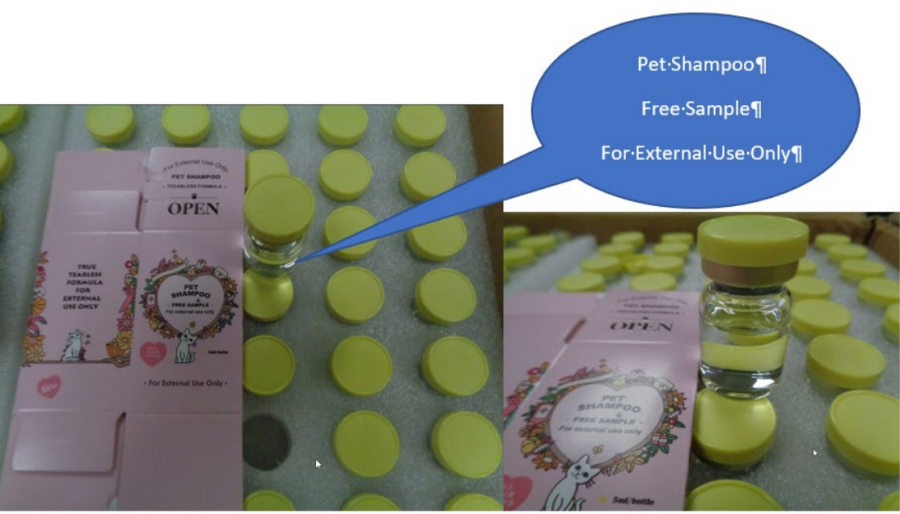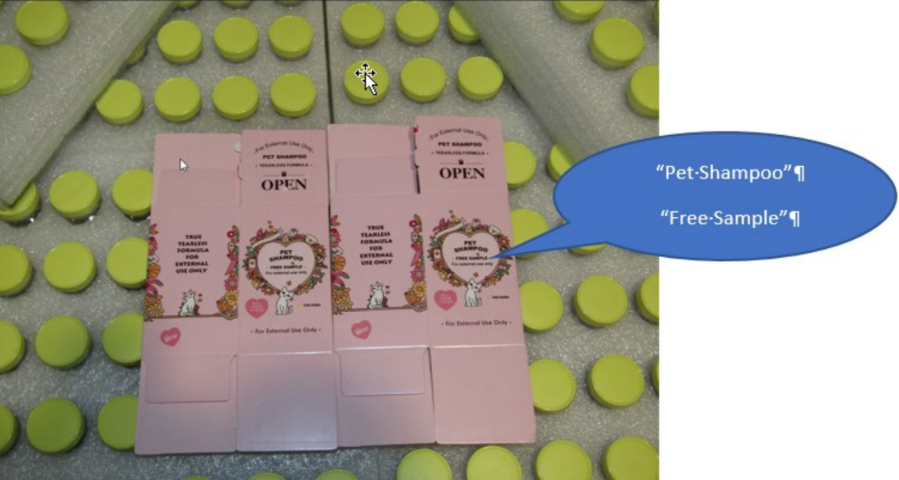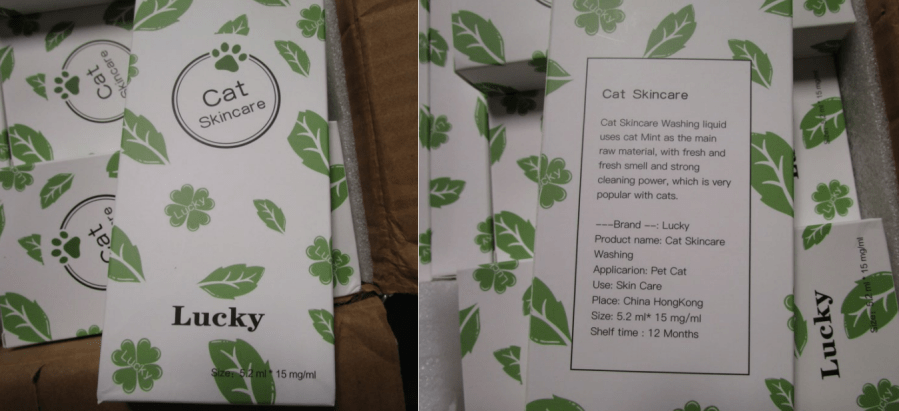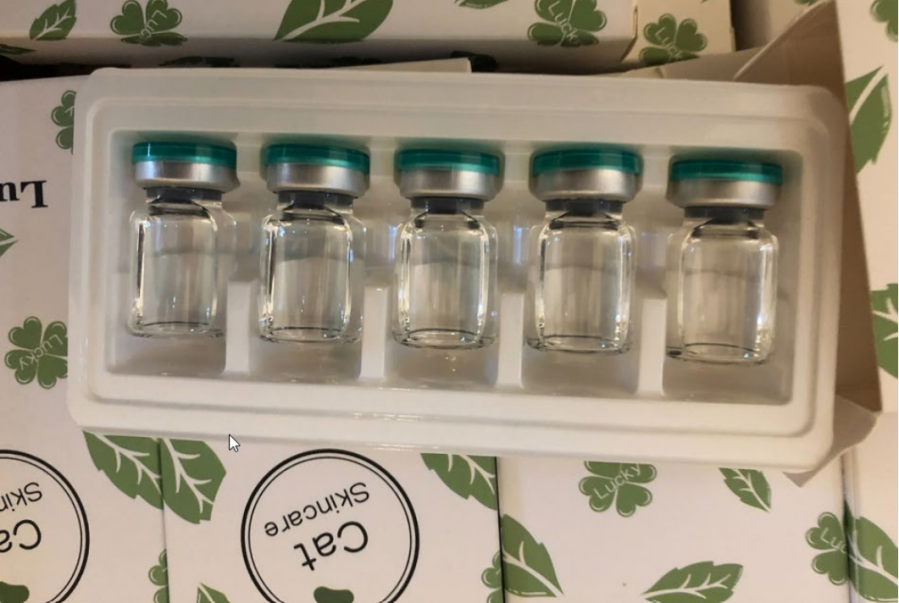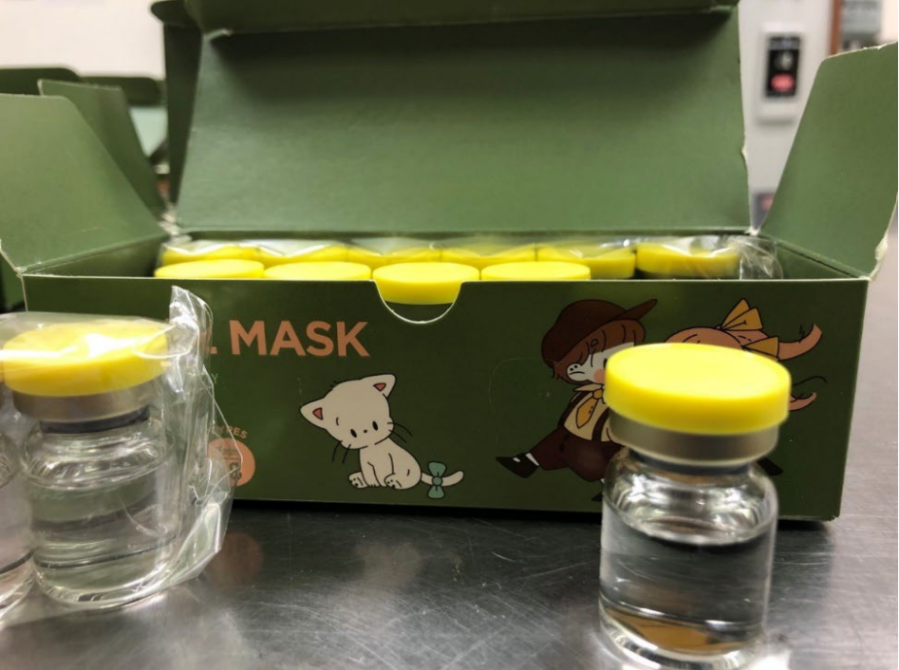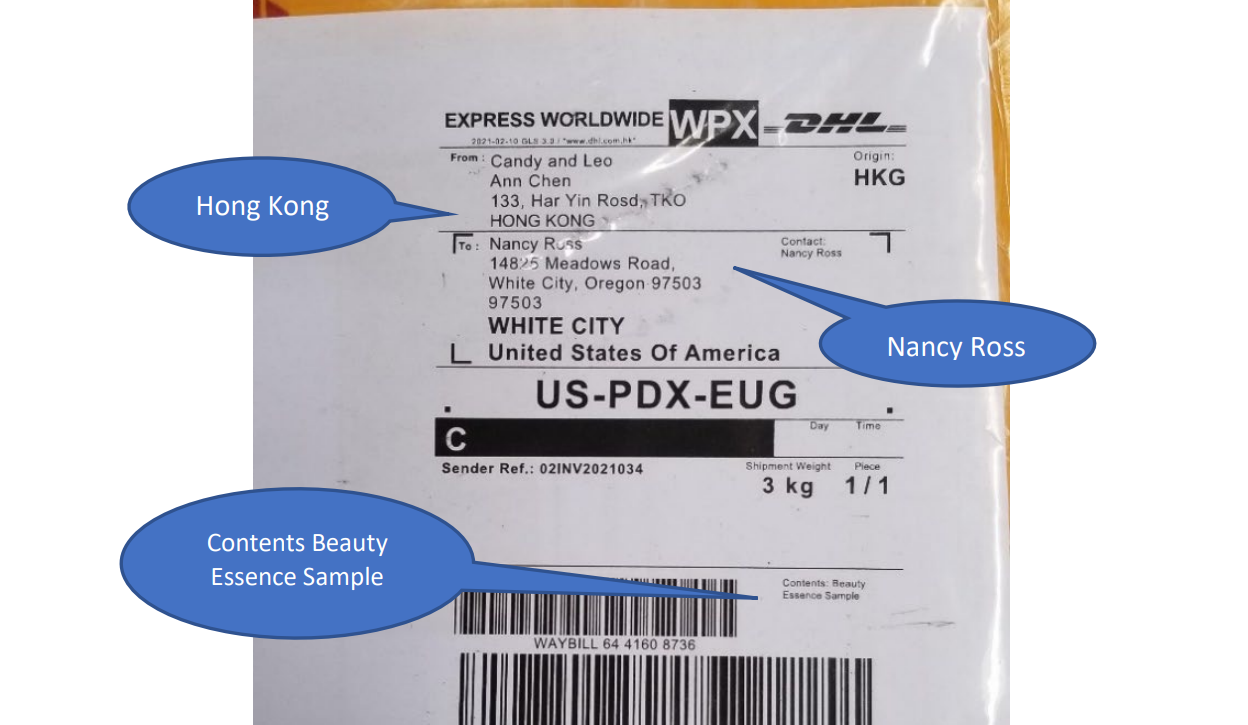PORTLAND, Ore. (KOIN) – An Oregon woman has been named in a civil forfeiture case brought against a group of people who are accused of smuggling an unapproved drug from China into the U.S. that’s used to treat feline infectious peritonitis — a viral cat disease known as the “feline coronavirus” — and later selling for profit.
According to an official court declaration provided by Special Agent Hilary Rickher of the U.S. Food and Drug Administration’s Office of Criminal Investigations, Nancy Ross of White City, Ore. aided Texas resident Nicole Shelby Randall in illegally selling the drug through the private Facebook group “FIP Warriors 5.0.” The alleged cat medicine racket, which is thought to have operated between September 2019 and July 2022, netted Randall more than $9 million, authorities said.
The sellers are accused of using deceptive tactics to pass the drug off as legal, FDA-approved products and hiding Randall’s identity. According to court documents, these methods included mislabeled packaging and the use of fake names.
“The boxes were mis-declared on required customs declarations as ‘beauty products,’ ‘essential oils’ and ‘facial masks,’” Rickher’s report states. “The vials of the drug were concealed in boxes labeled, ‘facial masks,’ and ‘cat shampoo.’ Randall knew, as further shown below in messages with shippers, that the parcels did not contain ‘beauty products,’ ‘essential oils,’ ‘cat shampoo,’ or ‘facial masks.’”
Instead, the falsely labeled shipments from Hong Kong contained the drug GS-441524, an unapproved feline coronavirus treatment developed by the U.S. company Gilead Sciences. Studies have shown that the drug has been effective as an at-home treatment for feline coronavirus, which was previously considered a death sentence for cats. However, according to a 2020 report by “The Atlantic,” Gilead Sciences stopped pursuing FDA approval for the drug due to its similarity to its COVID-19 treatment remdesivir, which was approved by the FDA in 2020. According to The Atlantic article, “Gilead worried that the cat research could impede the approval process for remdesivir.”
Shown to be a potential cure for the fatal feline illness, the drug has become a popular black-market treatment in the U.S., where accused sellers like Randall have taken advantage of the demand to rack up significant profits. According to court documents, Randall charged customers anywhere from $65 to $385 per vial of GS-441524, which she is thought to have purchased from Chinese sellers for roughly $25 to $35 per vial.
“This is further evidence Randall knew the true value of the drugs and sold the smuggled drugs for a profit,” Rickher’s report stated.
Randall allegedly made more than $9 million by illegally selling GS-441524 online, FDA investigators say. The federal government says it has since seized nearly $400,000 of these funds from bank and brokerage accounts held by Randall along with a 2022 Tesla Model Y registered in Randall’s name. Rickher’s declaration states that Randall is also believed to have used the black-market earnings to purchase five properties in the state of Texas with the profits.
Ross is accused of being a co-conspirator in the illegal sales and allegedly showed an undercover agent how to pay Randall for the drug using PayPal, Zelle or CashApp, according to the report. However, it’s unclear if Ross benefited financially from the drug sales.
The forfeiture case was presented to Oregon’s U.S. District Court by U.S. Attorney Katherine De Villiers on March 29.

